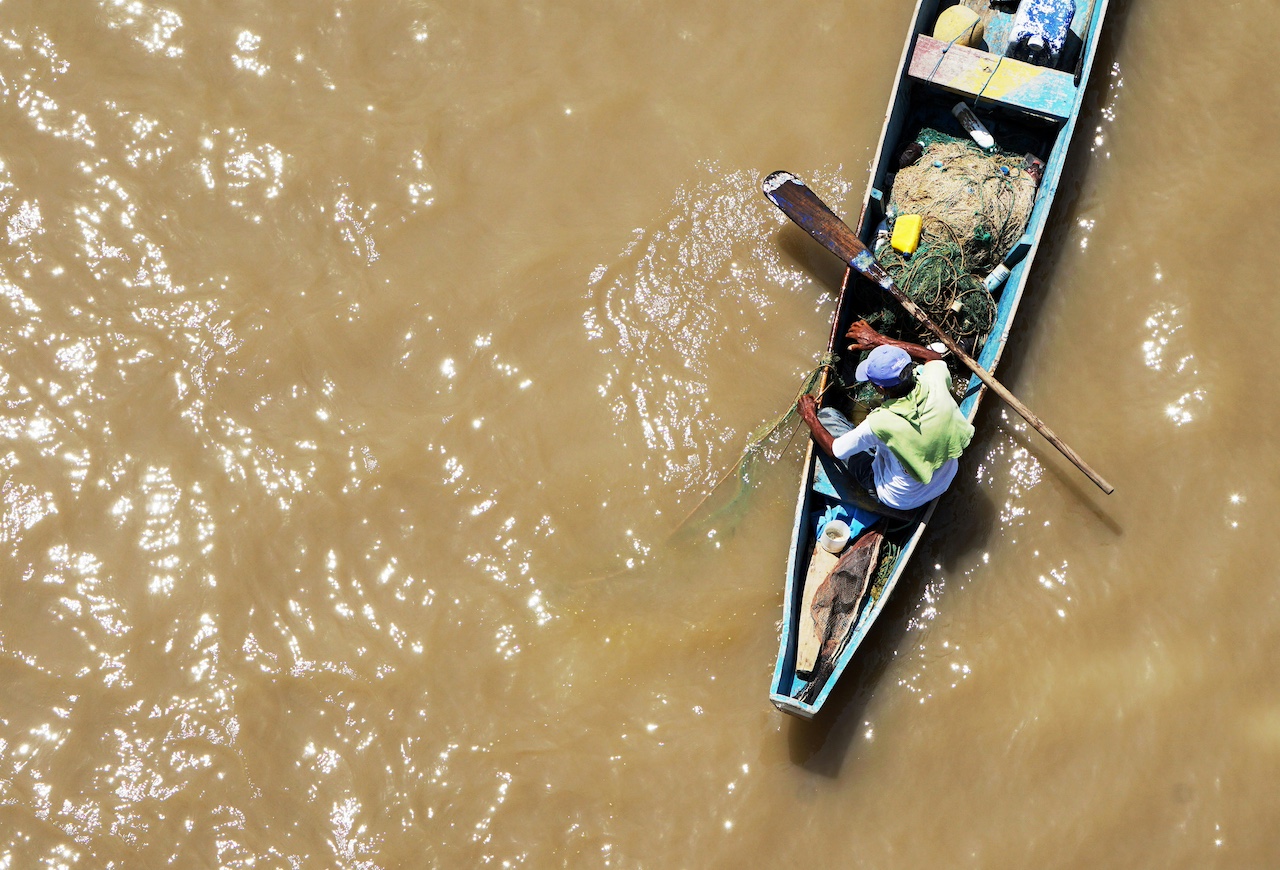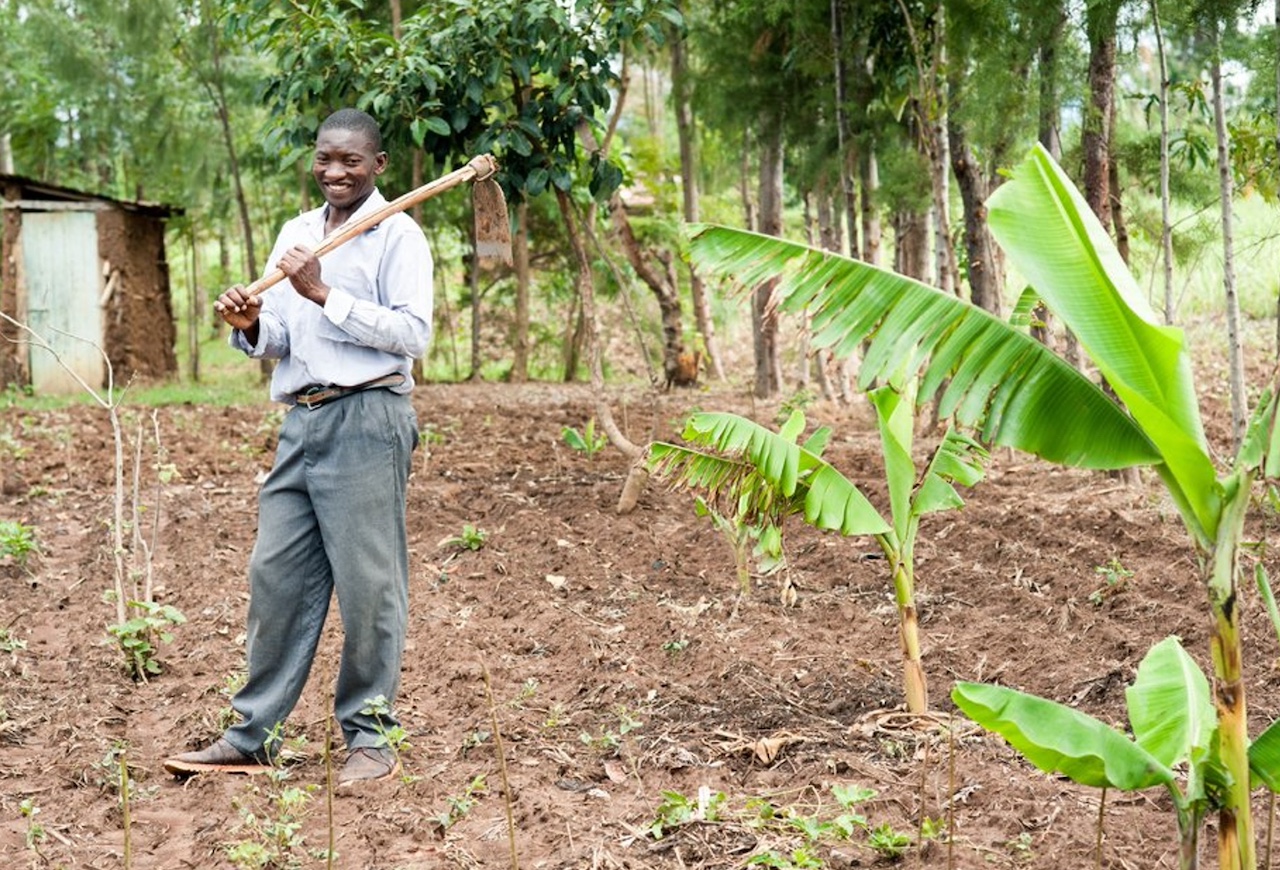The new fund is focused on emerging markets and made its first two investments into social enterprise One Acre Fund and into a blue bond issued by the International Bank of Ecuador.

Spanish impact investors Impact Bridge Asset Management have announced the launch of IB Impact Direct Debt, a €50m fund which will help finance social and environmental impact companies and projects focusing mainly on developing countries.
The fund has already raised €15m from a range of international investors, including pension funds, family offices and foundations but the company said it was not able to disclose any names.

Speaking to Impact Investor, Impact Bridge’s CEO Arturo Benito said that around 80% of the fund would be invested into developing countries focusing primarily on sub-Saharan Africa and Latin America and on opportunities that addressed five impact themes – access to basic services, climate change mitigation and adaptation, women’s empowerment, decent job creation and financial inclusion.
The fund has already made two investments, including €3m into a blue bond issued by the International Bank of Ecuador and backed by the International Finance Corporation, which supports projects linked to the sustainable water economy focused around rivers, seas and oceans.
It has also invested €1m into One Acre Fund, a social enterprise supporting smallholder farmers in Sub-Saharan Africa with financing for agricultural products as well as with agricultural training to improve the productivity of their crops.
Benito said that as a hedge fund with an open ended structure, the fund could theoretically raise more than the €50m fund target but that at this size it planned to make between 15 and 20 investments. The fund will targeting an annual return of 4% to 6%.
Focus on debt
Impact Investor profiled Impact Bridge early this year. This is the company’s fourth fund and its second focused on emerging market structured debt following the launch of IB Impact Debt in September 2019.
Benito explained that the first strategy combined both fund of funds investments with a portfolio of direct debt investments.
“Our earlier fund only had 20% exposure to direct debt investments, which we coinvested in with the funds in our portfolio alongside opportunities we originated ourselves. Over the last five years, we have seen a growth in the pipeline of opportunities for direct debt investments and 20% was not enough.”
The decision to launch the new fund, Benito explained, was a response to demand from clients for a full portfolio of direct debt investments.
“With an attractive pipeline of opportunities providing a great balance between impact return and risk, we decided to launch a standalone vehicle to implement a diversified portfolio of short term debt direct investments.”
Investing in the water economy
‘Life Under Water’ (SDG 14) is the most underfunded of the UN’s Sustainable Development Goals. The fund’s investment into a blue bond issued by the International Bank of Ecuador will support SMEs working in Ecuador’s water economy.
“The bond lends to SMEs that are operating in sustainable fishing, eco-tourism, water management and other sustainable water-related issues linked to country’s fresh water resources and ocean economy,” said Benito.
Benito highlighted the important social impact of water investment as a key motivation for backing the blue bond. According to the UN Environment Programme, an estimated three out of four jobs that make up the global workforce are either heavily or moderately dependent on water.
“Sometimes as impact investors we separate social and environmental impact. In the case of the water economy, although it often looks like environmental impact on the surface, the social impact should not be underestimated,” said Benito. “It’s about human rights. For traditional fishing communities, for example, their way of life is being threatened by environmental degradation such as water pollution or overfishing.”
Support for smallholder farmers
Speaking about the fund’s investment into One Acre Fund, Benito explained that the social enterprise provided farmers with products such as naturally-produced hybrid seed and training, including advice on planting techniques and soil and crop health. It also provides services such as credit and crop insurance to protect farmers against drought and flood as a result of climate change.
“At the beginning of the season they provide farmers with an in-kind loan of seeds, fertiliser and other farming tools as well as micro crop insurance. Once the crops have been harvested they also help them introduce their products to market,” explained Benito. “They then collect the value of the in-kind loan plus the interest.”

Benito said the company also trained farmers in more sustainable farming techniques, including planting a diversity of crops and microdosing of fertiliser, which describes the application of a small amount of fertiliser close to the seed or plant.
“One Acre Fund help farmers plant a variety of plants to reduce reliance on monocrops and use research to try to understand which plants and which combination of plants are better for each region. They also encourage the use of techniques such as microdosing that are better for the farmers’ pockets as well as the environment.”
One Acre Fund, which launched in 2006 with a pilot group of 38 farmers in Kenya, now employs around 8290 staff globally and in 2023 served 4.8 million farmers, both directly with a bundle of farm services and indirectly, by improving access to farm services in entire regions. The social enterprise aims to serve 10 million farmers by 2030, which it says is 10 percent of the families in the world living on less than $1 per person, per day.






